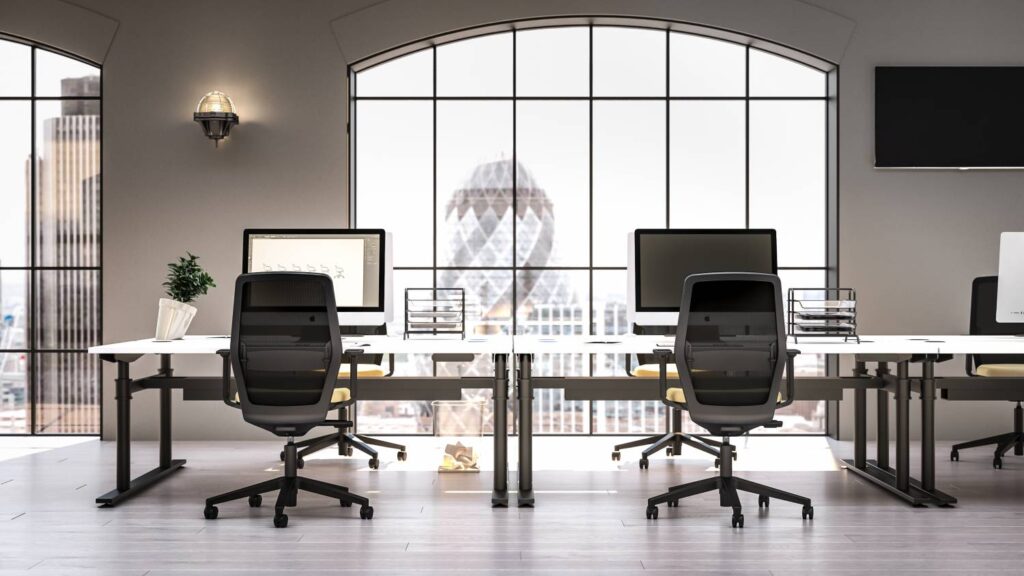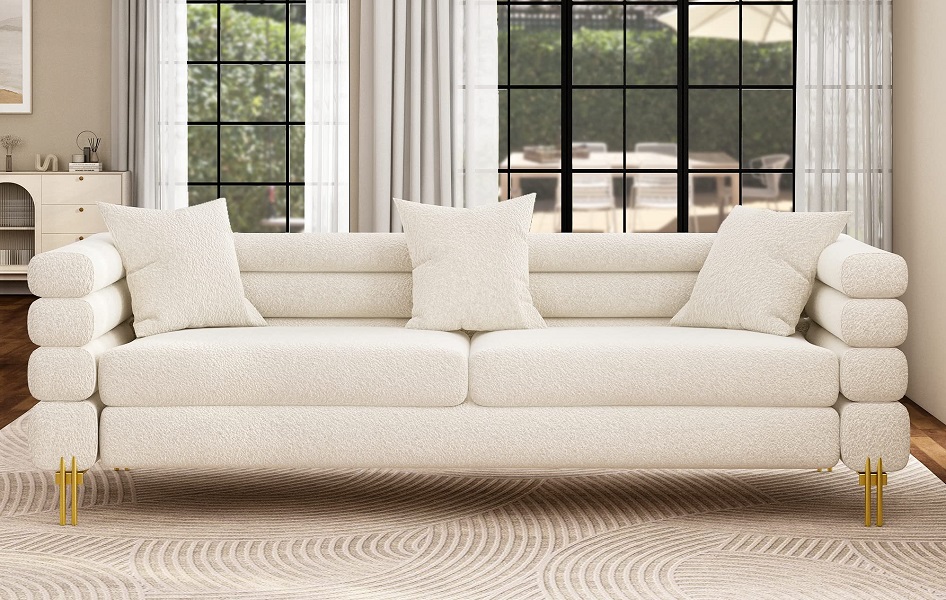Workplace productivity is often thought of in terms of procedures, technology, and management techniques. But one important aspect that is frequently disregarded is the influence office furniture has on creating a conducive work atmosphere. Office furniture’s style, comfort, and usefulness have a big impact on workers’ productivity, well-being, and general mood. Choosing the appropriate office furniture is an investment that will optimize both productivity and well-being in the area. It is not only about style. We’ll look at how office furniture selection may significantly affect workplace efficiency in this article.
Introduction to Office Furniture and Productivity
Office furniture has a direct influence on how employees feel, operate, and complete their responsibilities; it is more than just a decorative piece for the workstation. Desks, seats, storage, lighting, and other office furniture may all be used to turn a disjointed, disorderly workspace into a well-organized, productive one. Conversely, poorly made or uncomfortable furniture causes discomfort, distraction, and even health problems, all of which reduce productivity. Businesses that value the health and productivity of their workforces must understand how important it is to invest in comfortable, high-quality office furniture.
Ergonomics and Its Role in Workplace Efficiency
When workspaces are designed with the demands of the human body in mind, workers may operate comfortably and pain-free. This is known as ergonomic design. Office furniture with ergonomic designs encourages improved posture, lessens tiredness, and guards against ailments connected to the job, including wrist strain or back discomfort. For example, lumbar support that is enough for adjustable chairs guarantees that workers have a good posture, which reduces discomfort and increases concentration. In contemporary companies, desks that accommodate standing and sitting are becoming more and more common since they promote mobility and lessen the hazards related to extended sitting. In addition to being a wise investment in terms of health, ergonomic furniture also helps to boost productivity and cut down on idle time.
The Health Implications of Poor Furniture Choices
The incorrect office furniture selection might result in several health issues that have a negative influence on productivity at work. Workers who sit in non-ergonomic chairs for extended periods run the risk of acquiring musculoskeletal conditions including carpal tunnel syndrome, neck strains, and persistent back discomfort. These medical conditions may cause frequent sick days, a loss of concentration, and general job dissatisfaction. Purchasing the appropriate office furniture ensures that workers remain comfortable and healthy by reducing these health concerns. Employees are more likely to be engaged, focused, and productive when they are not in pain or suffering.
Creating an Aesthetic Yet Functional Workspace
Even though practicality is important, office furniture’s visual appeal has a big impact on how workers feel about their environment. Creativity, morale, and a sense of belonging may all be improved in a warm, well-designed workplace setting. Pride in one’s office has been shown to increase employee motivation and engagement, which in turn boosts output. Achieving a balance between utility and aesthetics is crucial. Modern, sleek office furniture that is both aesthetically pleasing and comfortable contributes to the creation of an atmosphere that is both efficient and innovative. Employee stress levels can be lowered and mental clarity can be enhanced by a neat, visually appealing workstation.
How Flexible Furniture Design Boosts Collaboration
Because of the increased collaboration in today’s workplace, flexible spaces are necessary. Modular desks, movable dividers, and adjustable seats are examples of flexible office furniture that may be quickly reconfigured to suit meetings, brainstorming sessions, or solitary work. This adaptability encourages a dynamic workplace where workers may seamlessly transition between solo projects and group projects. Businesses may build a workspace that accommodates different working styles and demands by offering flexible furniture, which improves cooperation, communication, and ultimately production. Additionally, multipurpose furniture promotes efficiency and order by providing storage options and clearing clutter in the workstation.
Conclusion
There is no denying the link between office furniture and productivity at work. The selection of appropriate furniture has a direct influence on how well personnel accomplish their work, from flexible layouts that promote cooperation to ergonomic design that minimizes discomfort and damage. Businesses may increase productivity, raise employee morale, and develop a more engaged workforce by designing a workspace that values comfort and functionality. Office furniture is now a strategic investment in your workers’ performance and well-being rather than merely a question of taste. Improving office efficiency through careful furniture design is a vital and wise move in a competitive corporate climate.












